Pairing protests and civil disobedience with photography often carries a highly emotional charge. Polish photojournalist Aleksander Kalka delves into the value of demonstration photography and its fundamental role within society, shaping change and holding governments accountable in undeniable ways.
“Patience and Perseverance in order to change things for better.” Aleksander Kalka: An Interview.
Based in Warsaw, Aleksander Kalka lays great emphasis on and importance in the position of the media and photography as a tool within society. Attending numerous marches, demonstrations and protests in his home city, he captures the voices of many through beautifully lit shots, action frames that translate passion and great emotion, all whilst being open and learning a new lesson each time. Placing his belief in photojournalism being underpinned by a fundamental role in societal change, his work captures moments of futural change, preserving them for the history books. Holding it as a great privilege, he tells IMAGO how he learns a new lesson with each protest he attends and why the most valuable are “tolerance and respect towards others”.
Discover how Kalka is evoking patience and perseverance through his photography to enact change and impact future societies.
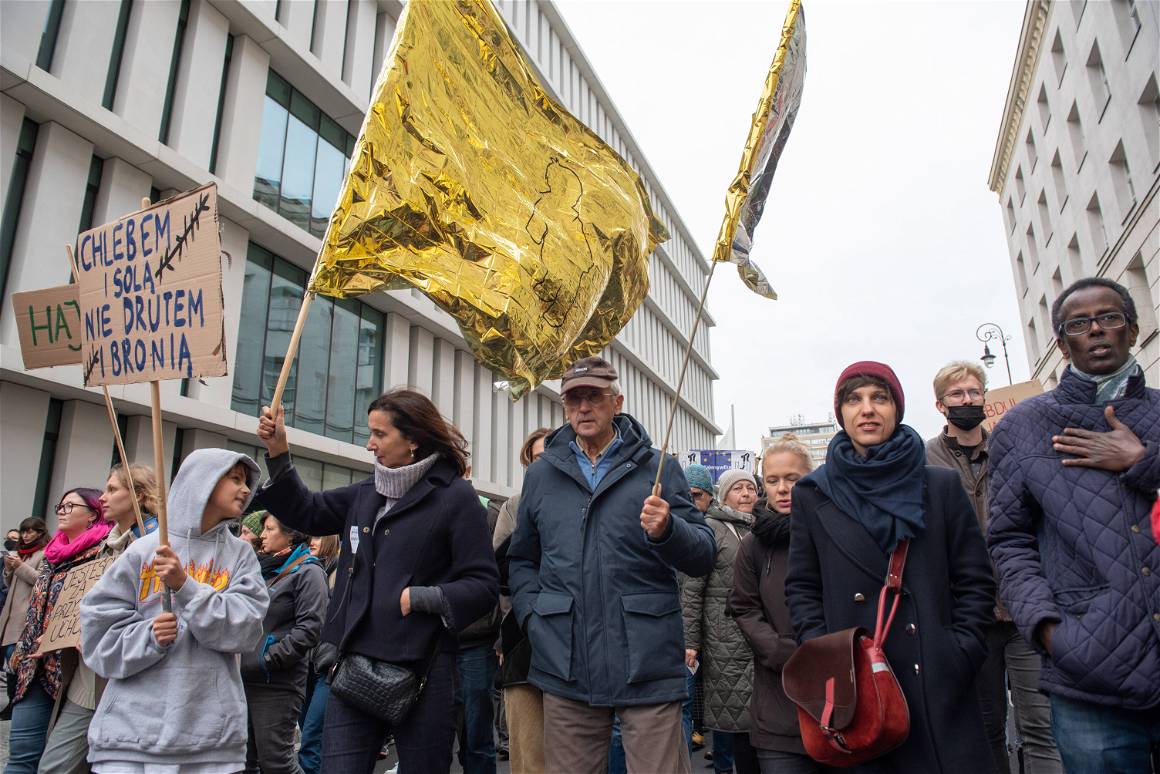
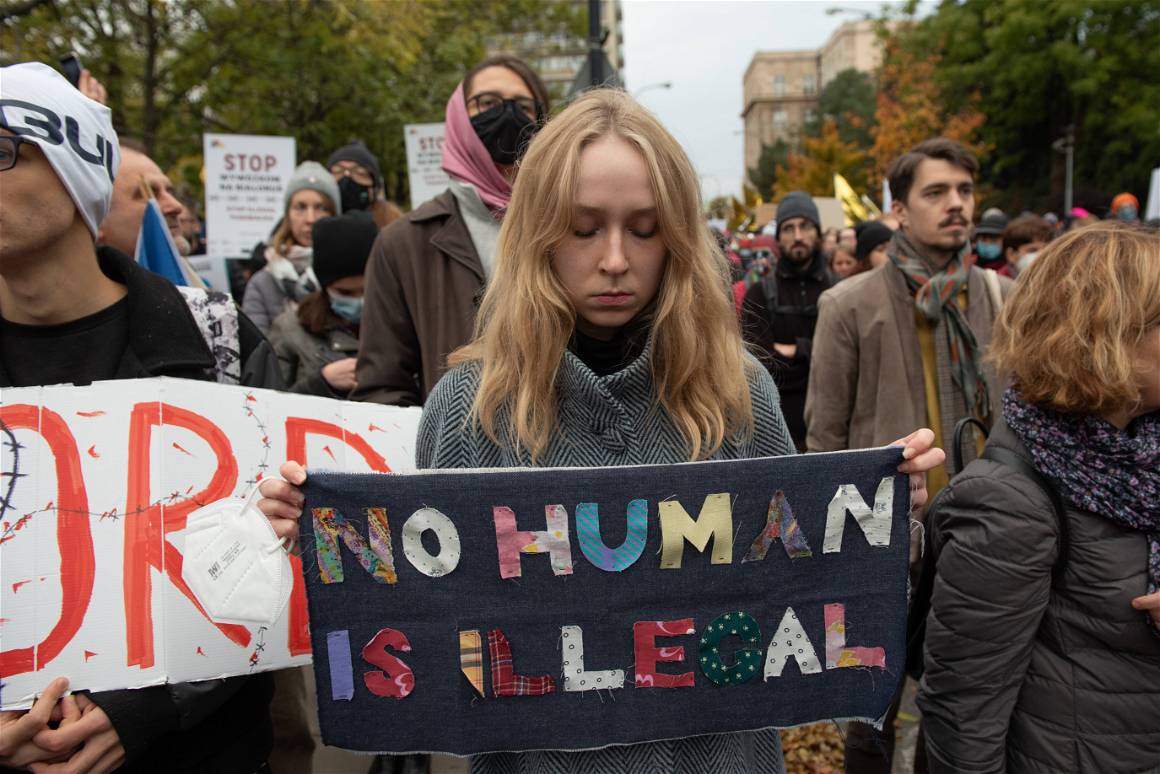
To begin, can you tell us a little about yourself, your photography career and the themes that feature in your work.
I was born in 1991 in Rome, Italy in a family of Polish migrants. Soon we moved to a northern village, Riva del Garda, where I spent most of my life and where as a teenager I became passionate about photography, taking snap shots of my hometown. I did my first step on the path to photojournalism around 2017, after moving to Warsaw, Poland. There I got struck by the chaotic city life, the fast changes in society, the cause and effect of political events and the immediate response, in form of protests from the population. Social issues, politics, daily life and entertainment events are the topics I cover.
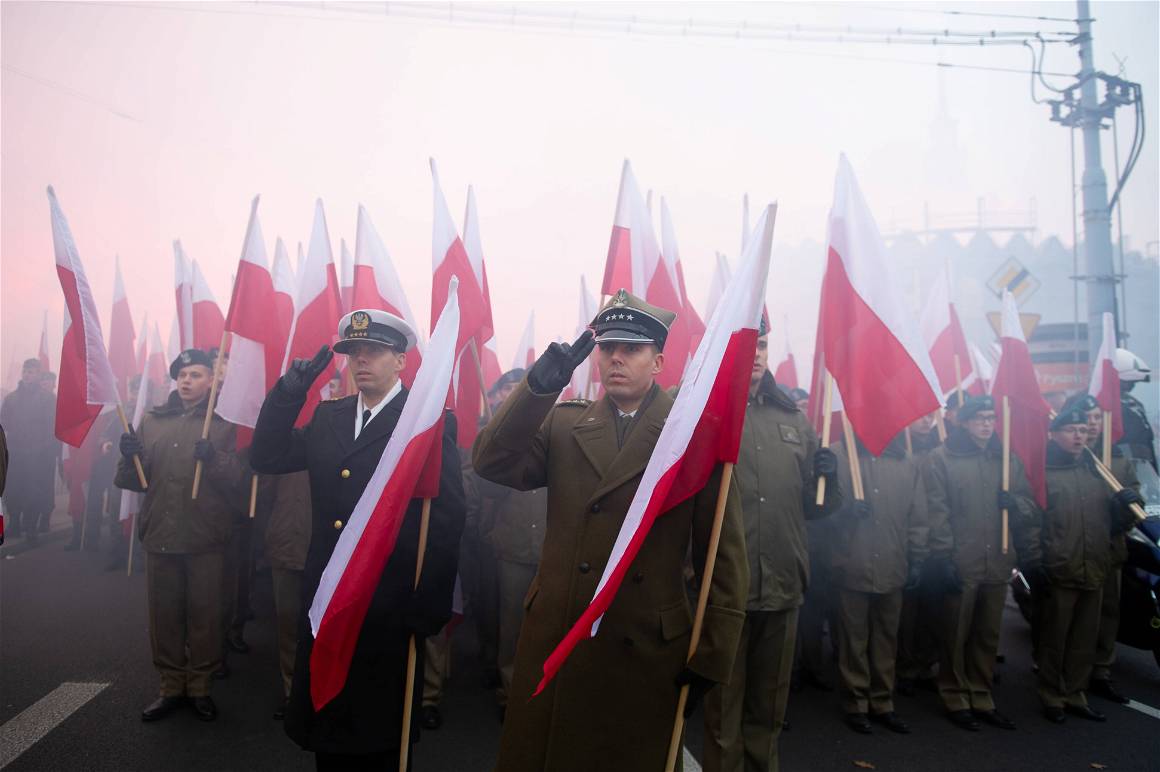
What is your favourite memory with a camera to date?
Just before getting my first professional DSLR there was a period in which I used to go to demonstrations with my analog SLR. Not knowing what will be the result and developing ,rolls of film in the darkroom was a pleasant return to the roots.
Is there one photograph from your archives that tells the biggest story of you as a
photographer to date?
(See image above)
The biggest story for me is in this image which I took on the 100th Poland’s Independence Anniversary in 2018. Being at the very beginning of my photojournalistic path and finding myself in front of such a moment. An estimated 250.000 people were singing the national anthem, carrying flares and this group of soldiers engulfed in flares smoke. The smoke hiding what’s behind the soldiers creates a surreal effect, while soldier’s expressions show their commitment to their duty and importance of the moment.
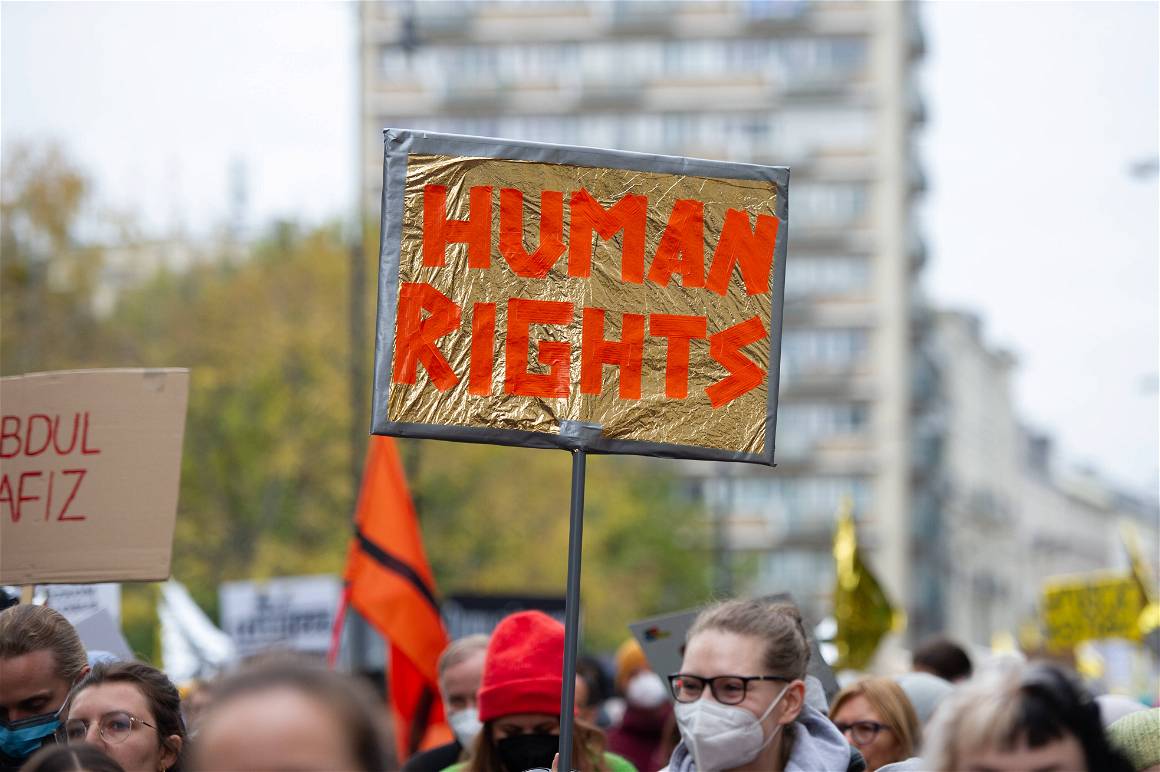
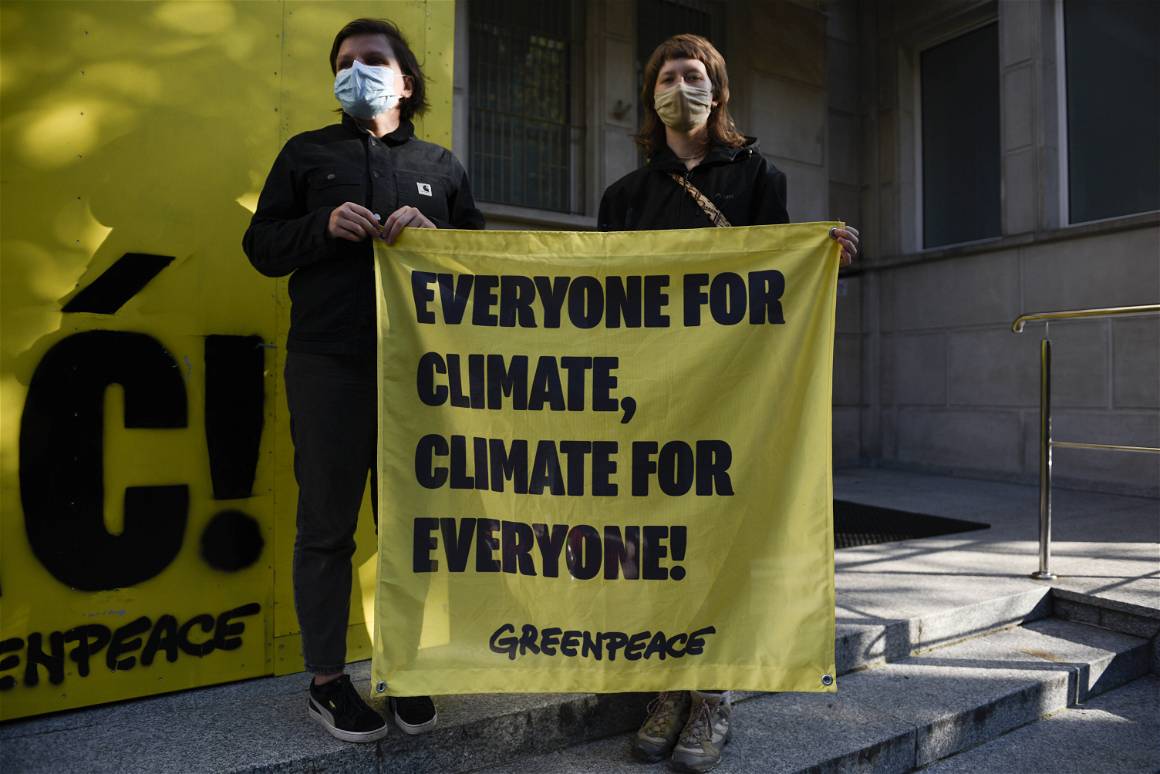
Why do you think the pairing of photography and socio-political events including protests are so poignant?
Protests, civil disobedience actions often carry a highly emotional charge. When people are forced to take the street, no matter if five or fifty thousand are fighting for their cause, such events paired with photography can give emotionally moving images.
You recently photographed the latest Greenpeace protest in Warsaw. What was the
atmosphere like there?
The atmosphere was quiet; activists were in their positions, holding to containers placed at the entrances of the ministry of state assets as well as sitting next to their van occupying the middle of the parking zone. They were shouting slogans, holding flags and dancing to music coming from their sound system. Police officers, all over the place, were checking to make sure they didn’t do anything else than block the ministry. At some point the anti-conflict team tried to negotiate, in vain. As stated by Greenpeace in the social media channels, they spent almost ten hours blocking the ministry that day.
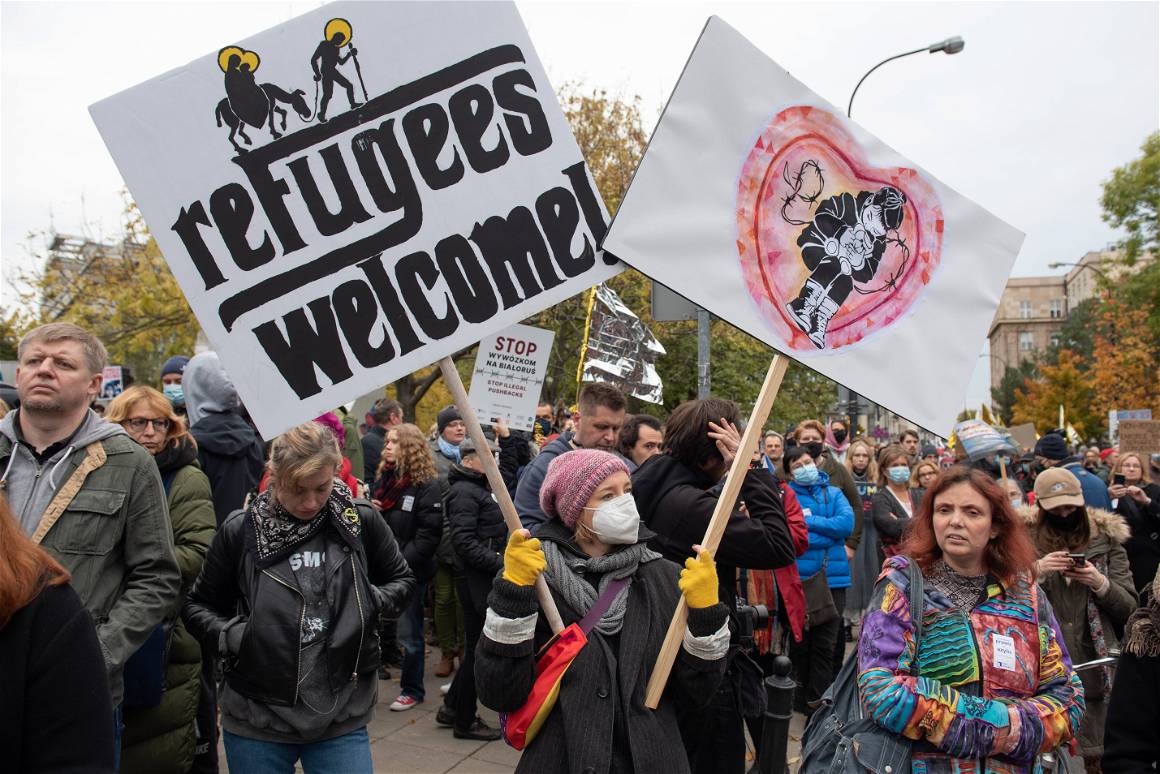
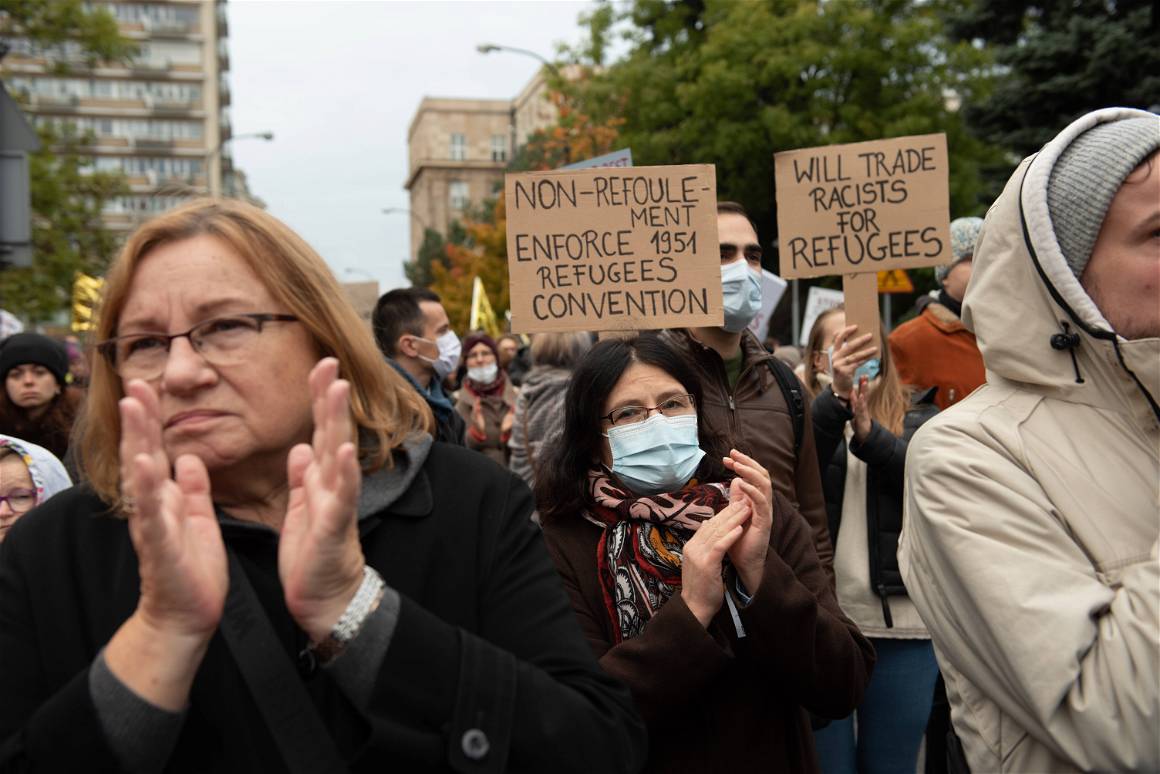
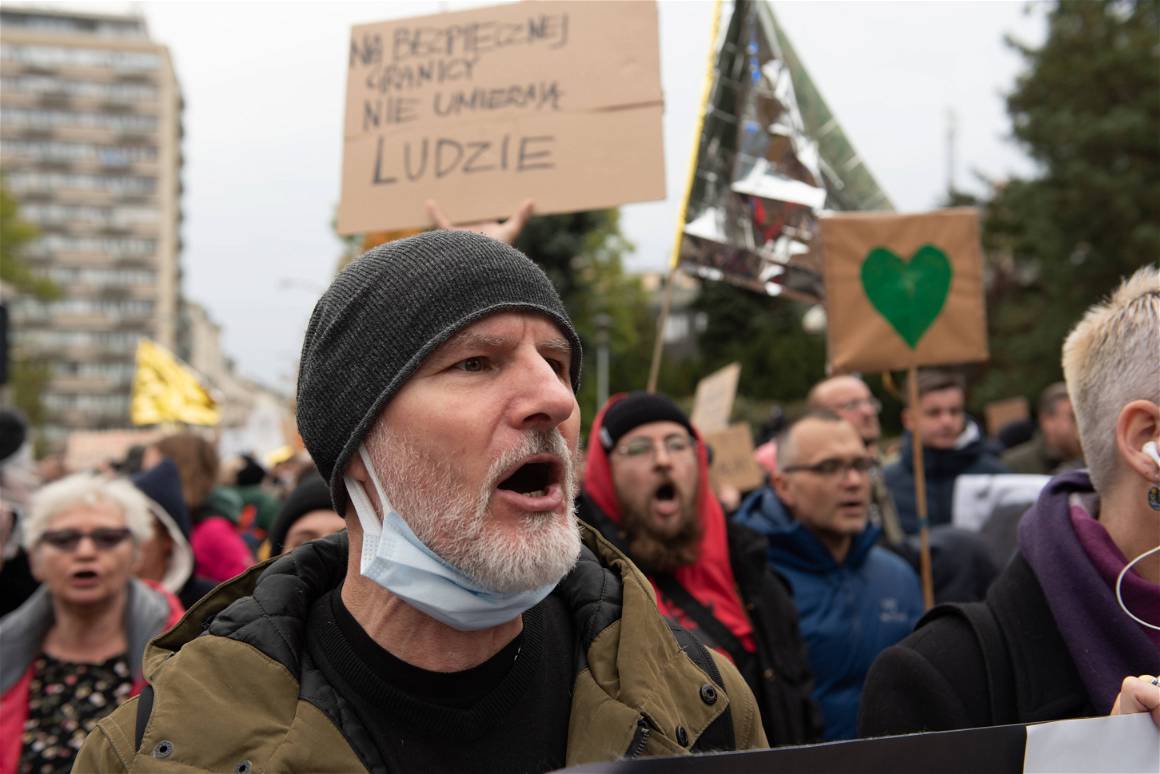
In attending these events as a photographer or protester, what have you personally learnt or gained from being there that you think you wouldn’t have otherwise?
Every time covering a demonstration is a lesson. The most valuable are tolerance and respect towards people, even if we completely disagree on something. Patience; lots of patience and perseverance in order to change things for better.
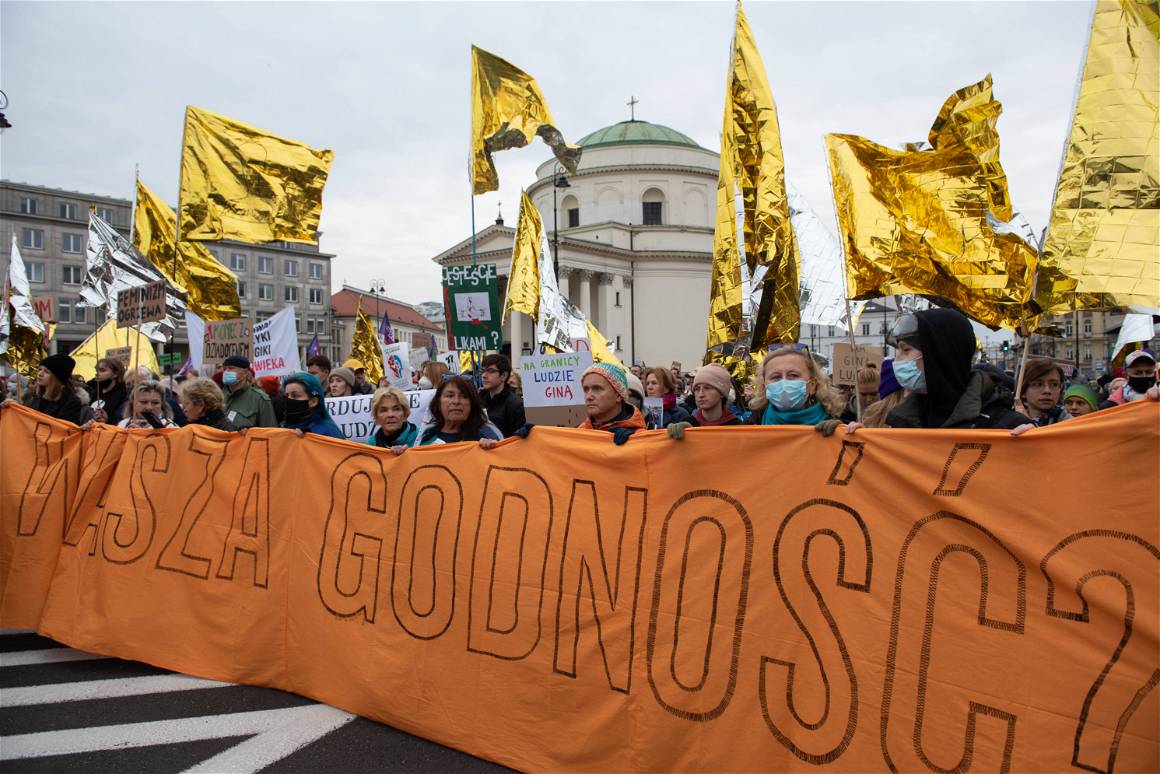
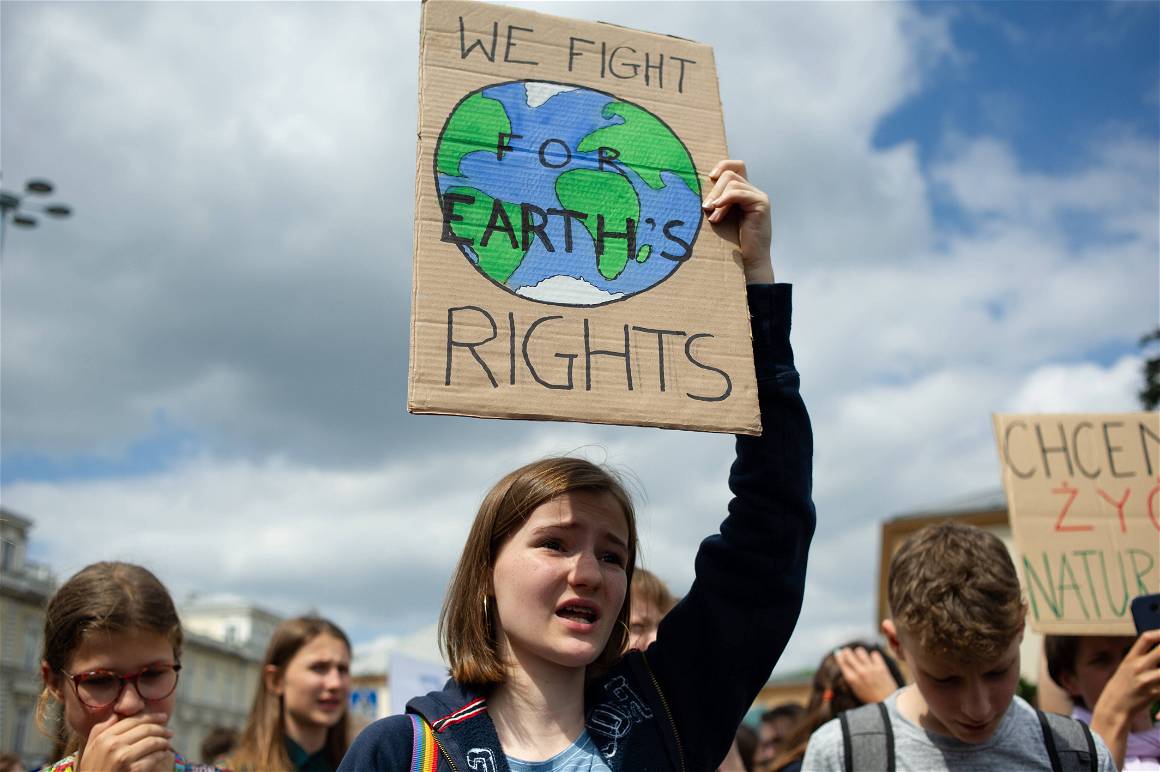
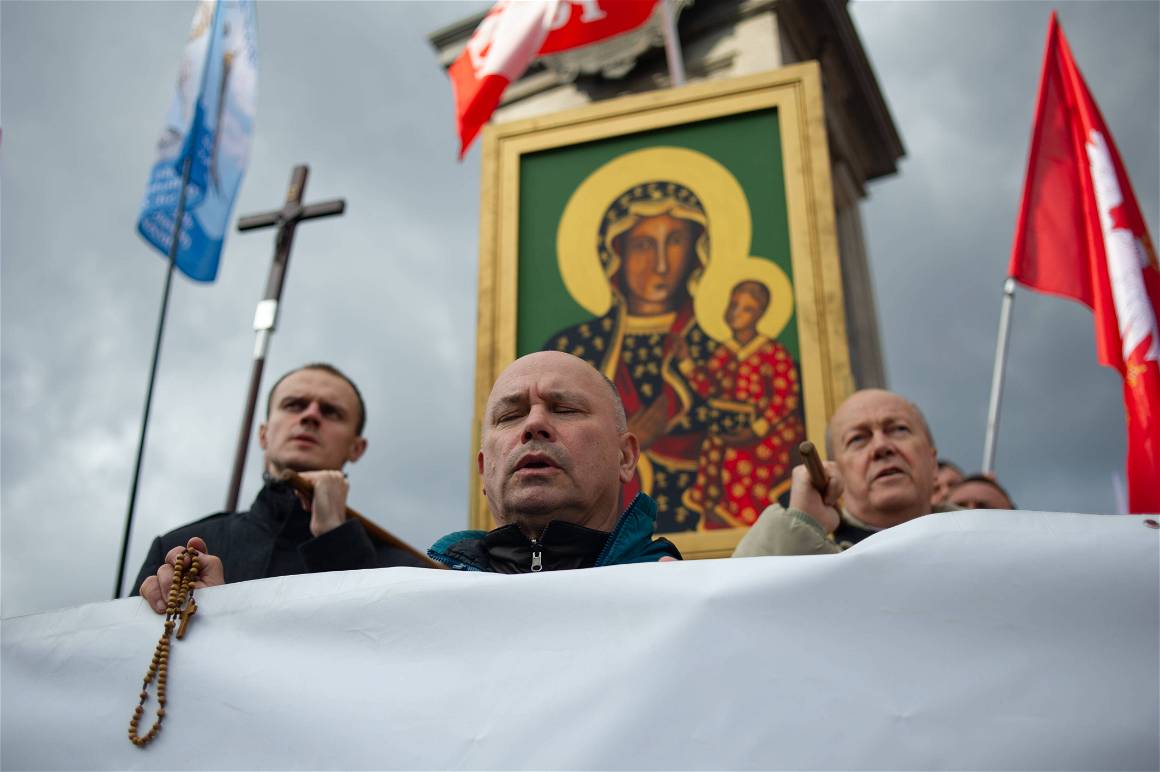
In your own words, what is the role of photography today and what does documenting these events mean to you?
Let me answer with an example – the refugees crisis on the Polish-Belarusian border. The ruling party PiS at some point imposed a state of emergency at the border with Belarus to allegedly cover up from the media illegal push-backs of refugees into Belarusian territory and denying them the right to claim asylum. Without the media showing what happens, governments can do the worst things we can ever imagine. This is why I think photojournalism plays a fundamental role and for me being able to stop moments that become history after every second that passes, is a great privilege.
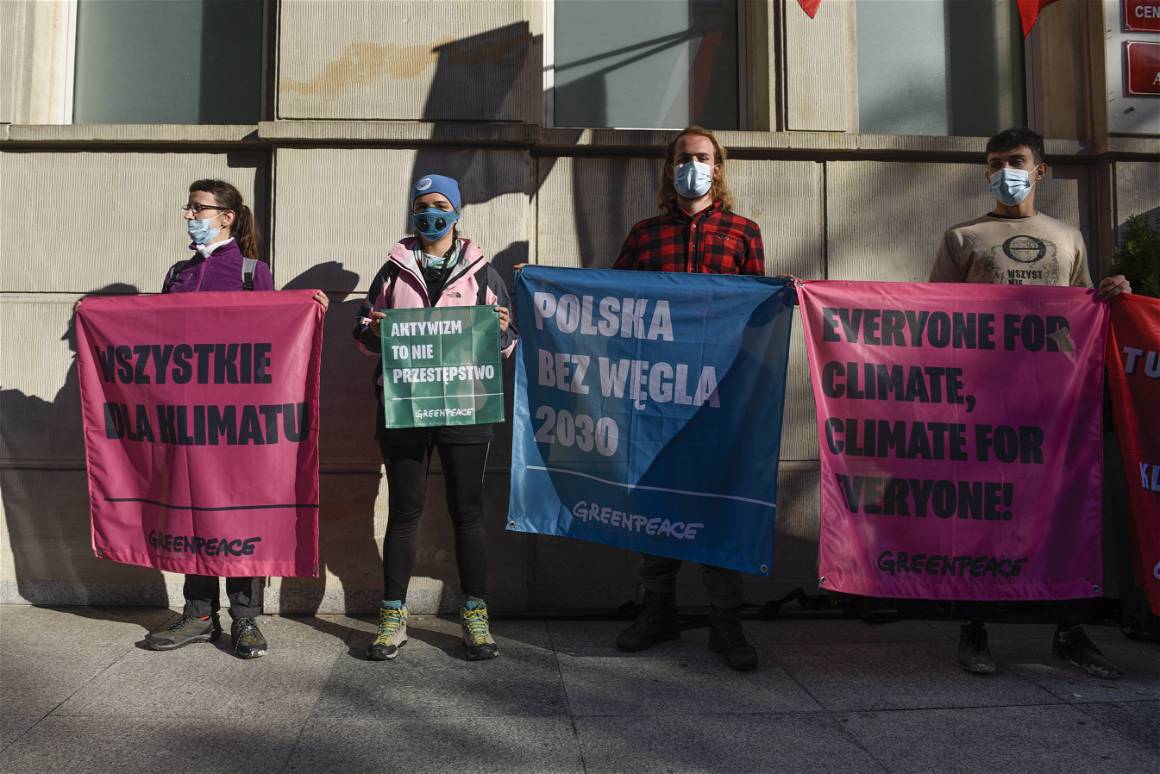
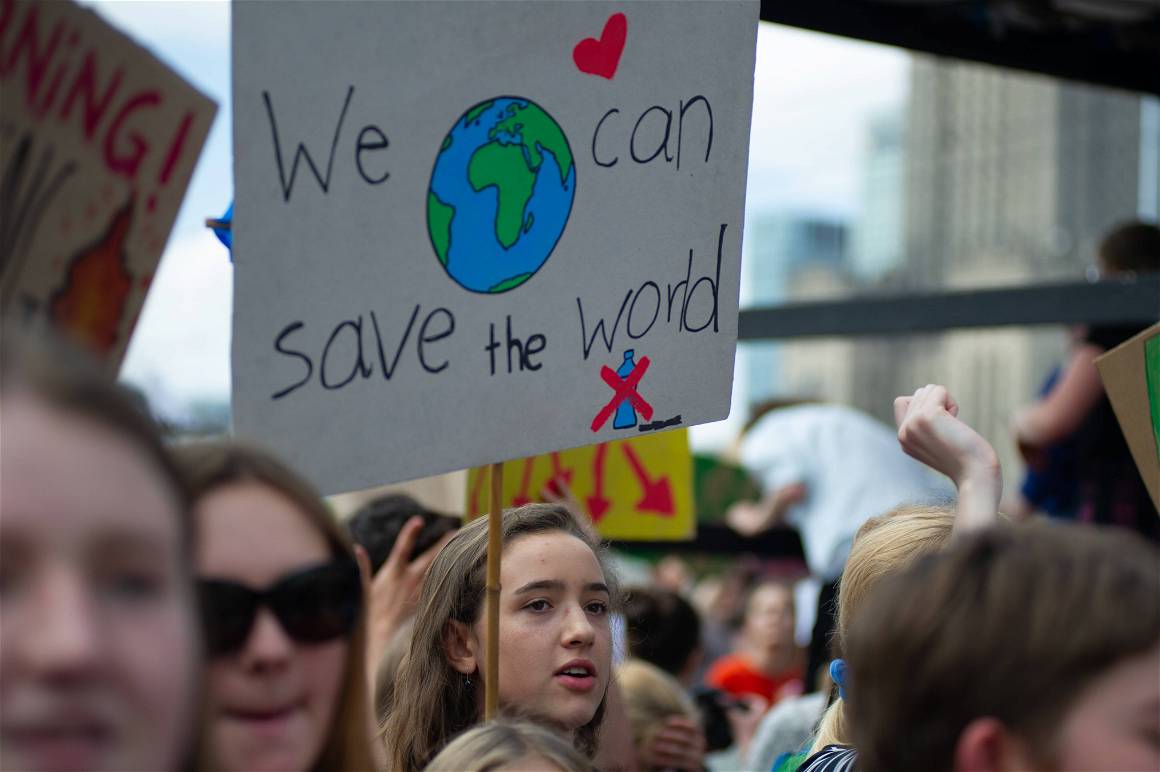
Aleksander Kalka is a Warsaw-based photojournalist reporting on socio-political topics alongside demonstration and street reportage.


